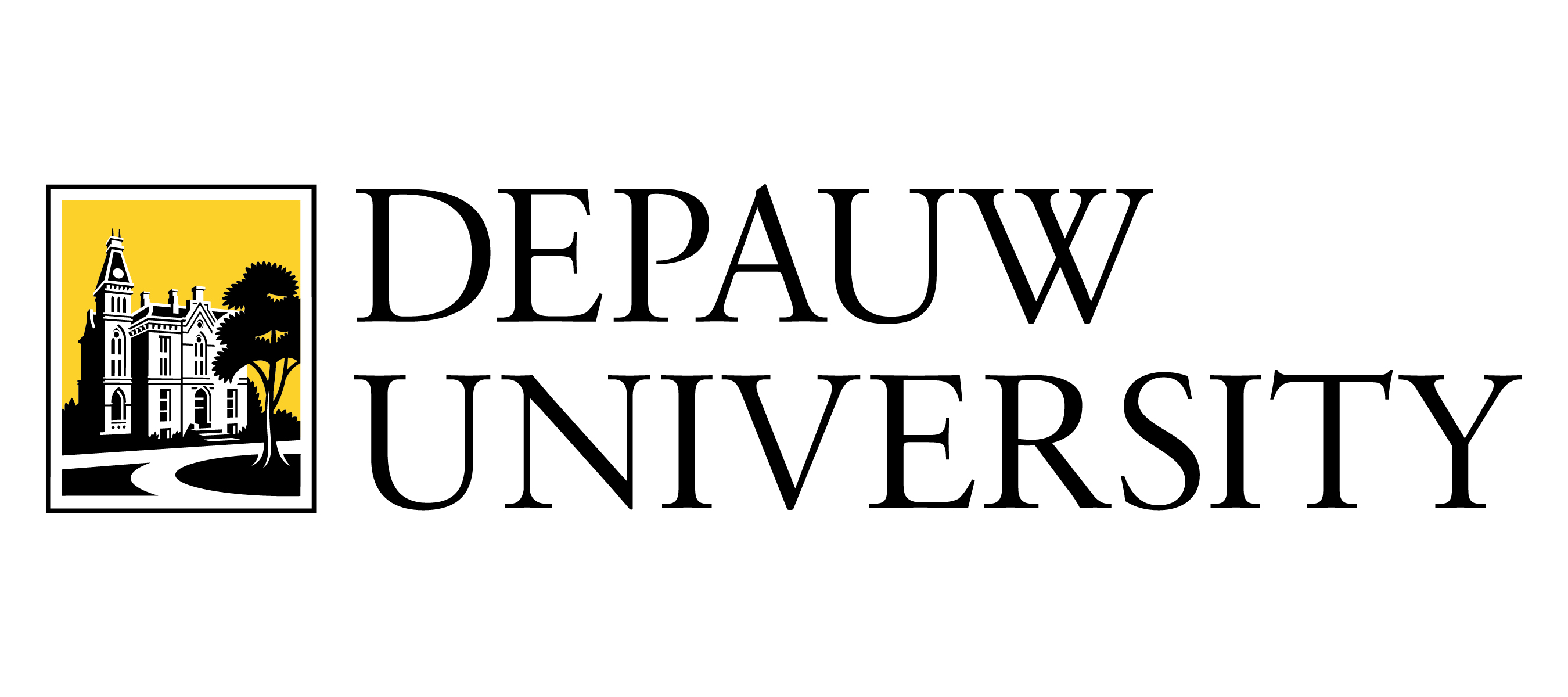Document Type
Syllabus
Publication Date
Spring 2024
Course Description
This course presents microorganisms and their diverse roles in various environments (soil, water, air, and sediments) in relation to human welfare and ecosystem health. Topics will include an introduction to the main groups of microorganisms and their physiology, soil microbiology, cycles of elements, aquatic microbiology, sewage treatment (with a visit to a wastewater treatment facility), bioremediation, water quality, etc. We will investigate the physiology, biochemistry and ecology of microorganisms using theory, field trips, and labs and relate these to the roles and applications of microorganisms in biotechnology and bioremediation. In efforts to improve and assess student learning, we will be incorporating independent projects (inquiry-based approach) that contain real-world relevance into the environmental microbiology laboratory curriculum. The best way to learn science is by doing science.
Recommended Citation
Akinwole, Philips, "BIO 390A Environmental Microbiology Akinwole Spring 2024" (2024). Course Syllabi
. 270, Scholarly and Creative Work from DePauw University.
https://scholarship.depauw.edu/records_syllabi/270









Student Outcomes
Students will be able to: